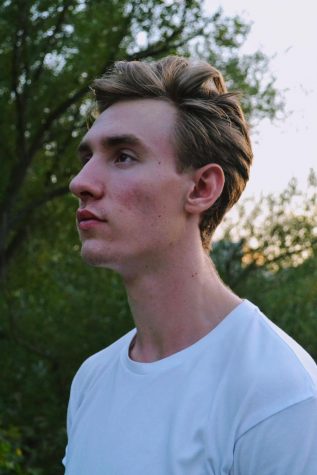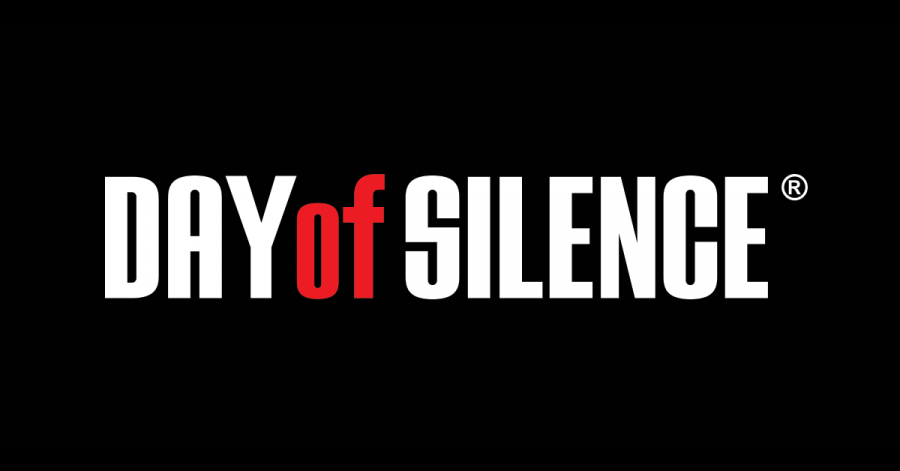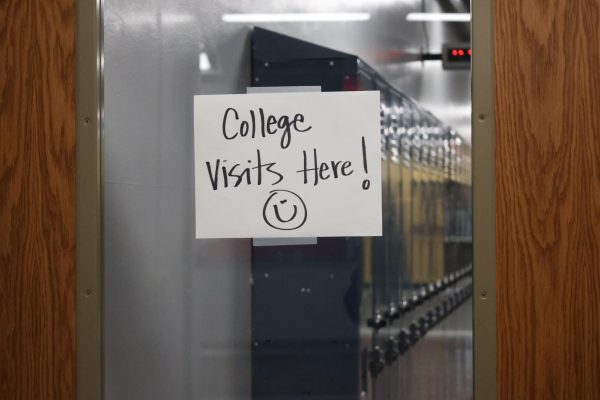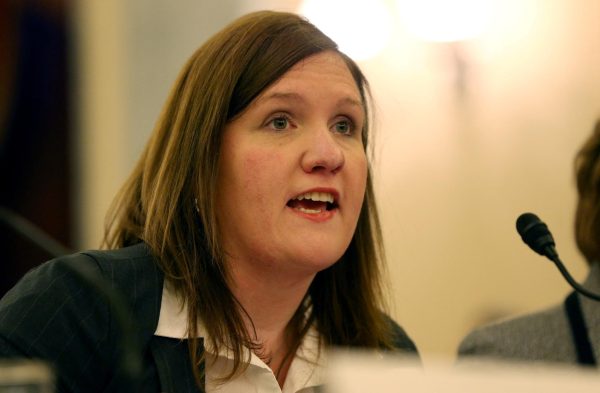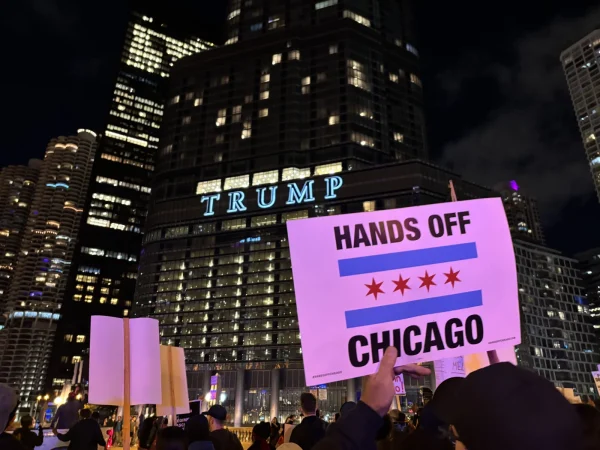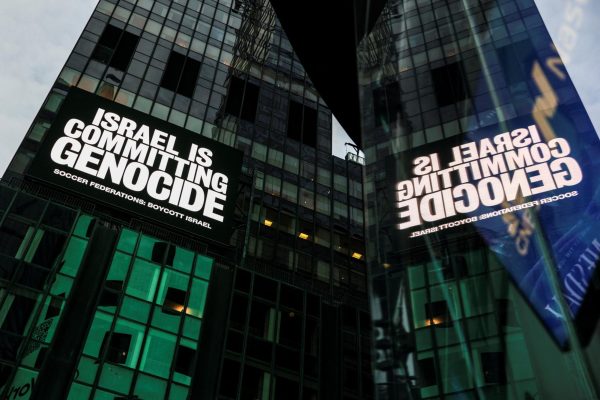Silence Speaks Louder Than Words
The effects of derogatory LGBT phrases and name-calling goes even further than harming the recipient. In many cases, it suppresses the individual into keeping quiet about their struggle, therefore suppressing the LGBT rights movement. That is what the Day of Silence hopes to spread; harassing people for their sexual preferences and/or sexual orientation has a silencing effect.
The Day of Silence occurred on April 21, and occurs every year on the same month. To participate, people do not speak for an entire day to symbolize the effect of bullying LGBT people. The goal of this action is to call awareness to how harmful derogatory terms are and to help prevent their further usage.
The first ever Day of Silence was formed by then-student Maria Pulzetti in April 1996 at the University of Virginia. According to an interview conducted with Oasis magazine, Pulzetti believed that the demonstration would reach more people than a discussion panel or an event, which would attract people already familiar with the struggle.
As the demonstration grew, it caught the interest of the Gay, Lesbian, and Straight Education Network (GLSEN), which became the official sponsor of the movement in 2000. The demonstration has gained in popularity over the years, with over 8,000 high schools, colleges, and universities participating in 2008.
GLSEN hopes to attract both gay and straight students to participate because it stresses how anti-LGBT slurs harm both gay and straight people. An 11-year-old named Carl Joseph Walker-Hoover hung himself in 2009 because of constant anti-LGBT name-calling, even though he was straight. According to a press release from GLSEN, Executive Director Eliza Byard believes anti-LGBT language is the ultimate weapon to degrade students’ peers.
Some people who participate hope to recreate the experience of oppression that the LGBT community struggles with to better understand their peers. Lanie Chagnovich, a sophomore at Community High School, expressed her interest in raising awareness and breaking the stigma surrounding the LGBT name-calling.
“I wanted to participate to show that the silence affects us all,” Chagnovich said. “Today really helped show me what the LGBTQ community goes through everyday. I want to also show that people who are struggling with coming out or speaking out are not alone. There are loads of people who care about and support them.”
